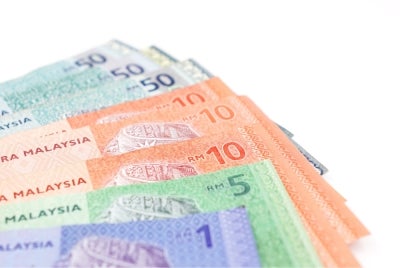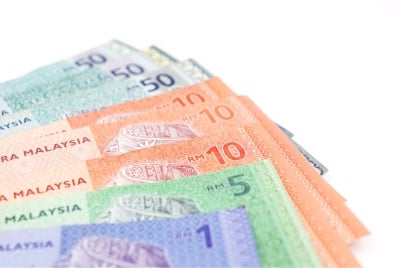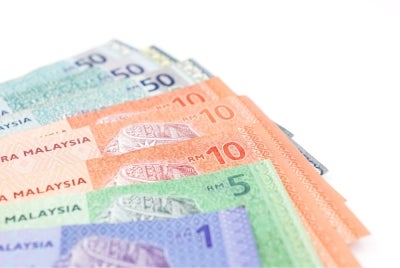Malaysia powerless in global rubber market - DPM
04 Dec 2023 04:49pm

Pix for visual purpose only. - FILE PIX by Sinar
Fadillah said the government is aware and concerned about the current instability of rubber prices.
"Intervention from the government to set or control (rubber) prices is minimal as Malaysia's share of global rubber production is only an estimated three per cent.
"Therefore, the country is unable to control rubber prices," he told the Dewan Negara today in reply to a question from Senator Datuk Mohd Hisamudin Yahaya about the government's plan to stabilise rubber prices, which has been unsettling smallholders.
Fadillah said various factors influence raw rubber prices, such as the performance of the rubber futures market, crude oil prices, foreign exchange rates and the economic growth of the major rubber importers and exporters.
He said, nevertheless, the government is working hard to help stabilise rubber prices through several initiatives.
Fadillah said among the measures taken is to foster cooperation with other rubber-producing countries, such as the International Tripartite Rubber Council framework and the Association of Natural Rubber Producing Countries (ANRPC) to stabilise prices by managing supply and increasing the use of raw rubber among the producing countries.
He added that the government, via Budget 2024, has increased the price activation level for the rubber production incentive (IPG) to RM3.00 from RM2.70 a kilogramme with an allocation of RM400 million.
Fadillah said the government is also working on implementing a mechanism to increase plantation owners' revenue by improving productivity and the rubber supply chain as well as the rubber business.
"This mechanism will be implemented using the latest technology and by increasing cooperation with industry players such as cooperatives, entrepreneurs and processing plants," he said.
Fadillah said that among the three main initiatives to improve the rubber sector is the Rubber Industry Transformation Project through clustering and value-adding activities for smallholders, the New Latex Production Incentive Model pilot project and a pilot project using gas stimulants for rubber production using technology developed by the Malaysian Rubber Board.
"These mechanisms are designed to increase rubber production and the value-add of rubber (products) to contribute to raising the income of smallholders," he added. - BERNAMA
Download Sinar Daily application.Click Here!












